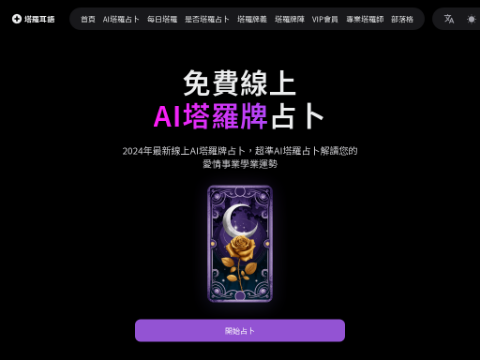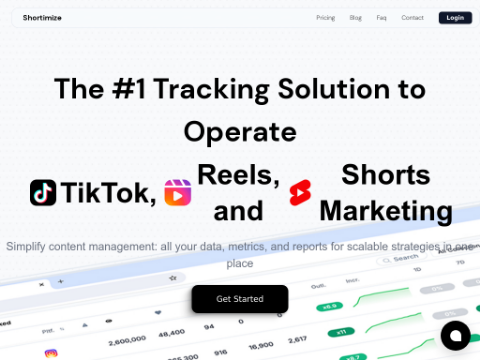In the era of rapid development of artificial intelligence, many concerns arise: will our jobs be replaced by AI? Will our children's attention be captured by it? Will our humanity be deprived as a result? These urgent and profound questions are precisely the focus of Pascal Bonnet's new work, "Irreplaceable: The Art that Stands Out in the Age of Artificial Intelligence".
Recently, Mr. Bonnet explored how to thrive in an AI-driven world. His insights are both thought-provoking and reassuring - embracing the age of artificial intelligence correctly not only does not weaken our humanity, but also allows us to shine brighter in the workplace and live a more colorful life.
Human-centered AI philosophy
Mr. Bonnet emphasizes, "Artificial intelligence is closely linked to the fate of humanity. After all, without humans, there would be no talk of artificial intelligence. Every AI technology we create should serve humanity, otherwise it would be a waste of resources." He has built an "irreplaceable" framework, which focuses on cultivating three key abilities: AI readiness, human readiness, and change readiness.
Cultivating AI literacy
Regarding AI readiness, Bonnet points out that it goes beyond mastering the latest AI tools. The key is to develop "AI literacy" - continuously tracking the latest advancements in AI, deeply understanding its impact on work, and having the ability to critically evaluate its pros and cons. At the same time, we should learn to use AI in an ethical and efficient manner to enhance our own abilities instead of replacing them. He firmly believes, "In the future, AI and humans are not separate, but work together. Only through self-improvement can we lead the trend."
Embracing the brilliance of humanity
In terms of human readiness, Bonnet puts forward a counterintuitive but crucial point: as AI takes on more tasks that were once considered exclusive to humans, we should focus more on skills that truly showcase the brilliance of humanity - creativity, critical thinking, and genuine social interaction. He explains, "The greater the difference in abilities between humans and AI, the greater the value of collaborative creation. By developing these unique human qualities, we complement AI and create brilliance together."
Adapting to the tide of change
In the face of a rapidly changing world, change readiness is indispensable. Bonnet warns, "The innovation of the next decade will surpass the sum of the past century." Therefore, we need to have a high degree of psychological flexibility and a passion for continuous learning. Only in this way can we stand firm in the wave of change.
Beware of AI obesity
Bonnet also introduces a novel concept - "AI obesity". He compares it to the physical obesity caused by excessive consumption of fast food, suggesting that excessive reliance on AI may lead to "mental obesity". The real danger lies not in AI replacing our core abilities, but in us neglecting our own potential due to being satisfied with the shallow assistance of AI. He warns, "If we neglect our own human learning and let it wither like unused muscles, then the light of humanity will gradually dim."
Strengthening human learning
To resist "AI obesity", Bonnet suggests dedicating time every day to exercise our "human learning" - whether it is engaging in creative activities, participating in critical thinking training, or building genuine interpersonal relationships. The goal is to refine these unique human skills to a level that AI finds difficult to reach.
AI strategies for the age of enterprises
For enterprises to maintain their irreplaceability in the AI age, they also need to follow similar principles. Companies should fully leverage the advantages of AI while not forgetting the importance of humanity. Bonnet points out, "In today's commercialized AI, human touch is increasingly precious. Only companies that deeply understand and practice this can stand out in competition." This requires companies to not only implement AI systems but also restructure roles and processes to promote human-machine collaboration. At the same time, they should adhere to ethical boundaries, communicate transparently, and build trust in AI applications.
Paving the way for the next generation
For parents and educators, cultivating the irreplaceability of the next generation means innovating the education model. We should not exclude AI from the campus, but teach children how to coexist with AI wisely and ethically. At the same time, we need to pay more attention to cultivating their creativity, critical thinking, and emotional intelligence, enabling them to lead the way in the AI era.
Planning the path to the future
To navigate the ship of the AI era, the secret to success lies not in racing against machines, but in strengthening our unique human qualities. By enhancing AI literacy, deepening human learning, and enhancing adaptability, we can work hand in hand with AI to create a better future. Bonnet's words resonate strongly: "AI is not the end, but a bridge to a more humanized future." Let us embrace the AI revolution with a positive mindset and actions, ensuring that it enhances rather than diminishes the brilliance of our humanity. While exploring the infinite possibilities of AI, let us not forget to unearth the treasures of our own potential.








